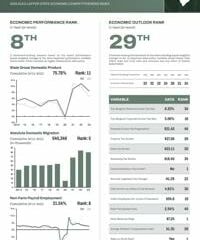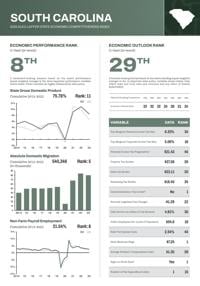(The Center Square) – A court ruling overturning Ohio’s ban on gender-affirming health care for minors only impacts one of three bans included in the 2024 law.
A three-judge panel of the 10th District Court of Appeals left in place a ban on gender-affirming surgeries for minors and a ban on boys playing girls sports. It stopped the state from outlawing puberty-blockers and other prescription drugs.
The lawsuit, filed a year ago by two sets of parents with help from the ACLU, did not challenge House Bill 68’s provisions that banned gender-affirming surgery for minors and males playing female sports.
The ruling said the state does not ban the same drugs when used for other reasons, which makes the ban inequitable. It also said the ban interferes with parents’ rights to make health care decisions for their children.
“Thus, in considering whether the HB68 ban is reasonable, it is necessary to keep in mind that the law recognizes the maturity, experience, and capacity of parents to make difficult judgments and act in their children’s best interest,” Judge Carly Edelstein said in the ruling.
The opinion acknowledged minors may not be able to understand the risks involved with gender-related medical decisions but said the law does not take into account the parent’s duty to make medical decisions and have the maturity to make those decisions.
“It fails to take into consideration that parents can make informed consent determinations and act in the best interests of their children,” the opinion said.
Immediately following Tuesday’s ruling, Ohio Attorney General Dave Yost said the state will appeal and ask for an immediate stay.
The ACLU sued in March 2024 on behalf of two families in Franklin County to stop the once-vetoed bill from taking effect in late April of that year. The lawsuit said the bill violates the Ohio Constitution’s single subject, the health care provision, the equal protection clause, and the due course of law provision.
The legislation blocks gender-affirming care for minors, including surgeries, puberty blockers, and hormone therapy.
In December 2023, Gov. Mike DeWine vetoed the bill and a week later issued an executive order that banned gender-affirming surgeries on minors and developed corresponding health care rules for children and adults.
The Republican-majority Senate easily voted to override the veto in late January. The House, also majority Republicans, did the same earlier in the month.
The ACLU calls gender-affirming care lifesaving health care supported by major medical associations nationwide, including the American Medical Association, the American Academy of Pediatrics and the American Psychological Association.














































